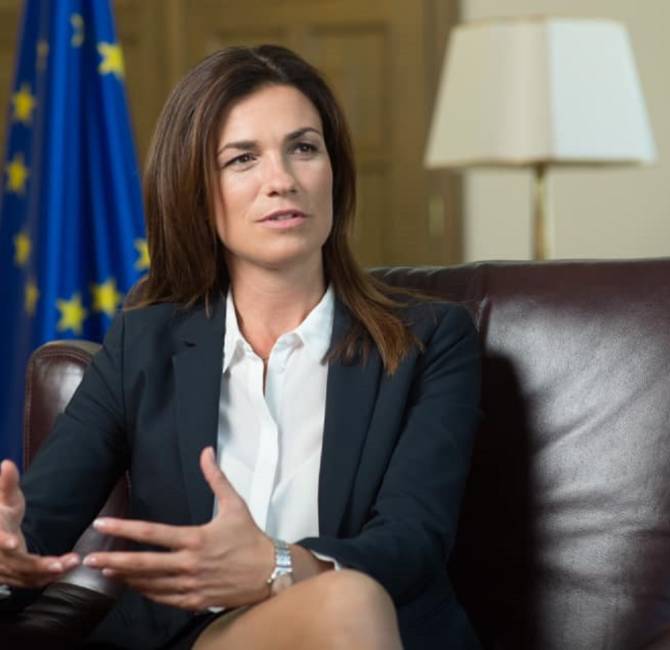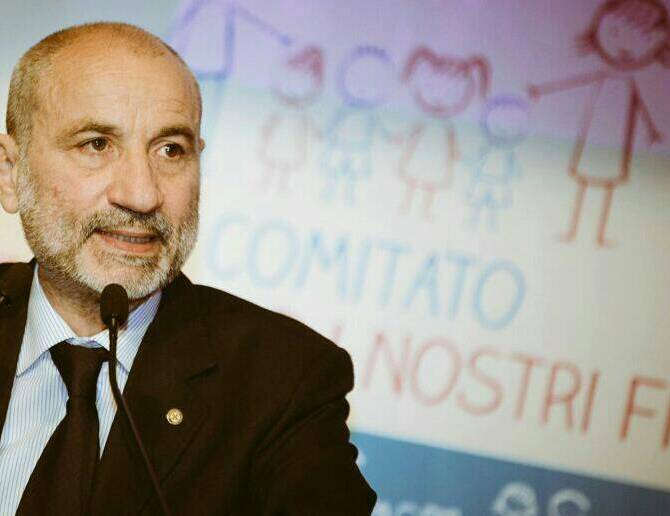This article was published online by the Magyar Nemzet on 17 October 2021.
There is no doubt that there are terrorists who have entered Europe via illegal migration routes and that Muslim communities were harboring them. But the point is not the number of migrants, but rather how migration works and how integrated Muslims feel. This is of course their responsibility as well, not just the host country’s “ said Diego Muro in an interview with Magyar Nemzet. He works as a terrorism researcher at the Scottish University of St. Andrews and is currently a guest professor at Budapest’s Mathias Corvinus Collegium.
László Szőcs: The world recently commemorated the 20th anniversary of the September 11 terrorist attacks. Since 2001 however, the nature of global terrorism has changed. What do you think of this?
Diego Muro: Historically, terrorism has always emerged in waves: from the old anarchists to decolonization violence to left-wing terrorism such as the activities of the German Red Army Faction. It has become evident that since the 1970s and 80s, religion has become the usual cause behind terrorist attacks, and more specifically, typically linked to Islam, especially Sunni extremism. In the case of the two leading “brands” of Islamist terrorism, al-Qaeda and the Islamic State (ISIS), we have observed that small autonomous groups fighting at the local level join these larger organizations by pledging their loyalty. Thus, both central forces and decentralization are present, while also posing a source of tension. But we tend to overestimate the role of the central forces. There has been extensive research covering al-Qaeda, and today we know that not every direction and command was coming from Pakistan as we previously thought. Today, al-Qaeda poses a far greater danger once again to the world than ISIS whose ideology, while alive, has been suffocated, defeated, and no longer threatens the territorial integrity of Syria and Iraq.
László Szőcs: In Europe, Islamist terrorist attacks are typically committed by immigrants or those with migrant-backgrounds. One of the most notorious terrorist perpetrators of late: the Moroccan-French Salah Abdeslam born in Brussels. Despite his attack in Paris, there are still those who claim that there is no link between immigration and terrorism.
Diego Muro: You are certainly familiar with the statistical expression: correlation is not causality, ie, not a causal relationship. But there is definitely a correlation between the two. We have observed in Europe that the most terrorist acts are carried out in countries with high Muslim populations such as France, Germany, and the United Kingdom. And in the areas where not as many Muslims live – such as where we are right now – we barely witness these incidents. There is no doubt that there are terrorists who have entered Europe via illegal migration routes and that Muslim communities were harboring them. On the other hand, there is no causal connection – causality – in the sense that we cannot infer the chances of a terrorist act based on the number of Muslims. But the point is not the number of migrants, but rather how migration works: how at-home Muslims feel, whether they are integrated, treated equally, have the opportunity to succeed in society. This is of course their responsibility as well, not just the host country’s. And this is a challenge everywhere, there’s no magic recipe. Muslims live in large numbers in the USA as well, but domestic terror attacks of this nature are not as common there.
László Szőcs: Anna Lindh, the Foreign Minister of one of the most developed countries in the world, was stabbed by a second-generation immigrant in a department store. What are the conditions Europe must provide so that certain immigrants do not drive their frustrations to assassination?
Diego Muro: Grievances cannot be necessarily understood objectively. Of course, you can say that the Swedish migrants enjoy a higher standard of living and have fared much better than if they had stayed at home. But, what we label relative deprivation in academic literature sheds light on the difference between what someone assumes should be his or hers, and what they actually have. So, this is a perceived grievance. Suppose you have an income of twenty thousand euros. But you feel that you deserve thirty thousand. This feeling of lack causes grievances. In the case of Muslims, you must also bear in mind that the fate of their fellow believers in distant corners of the world can also cause grievances.
László Szőcs: Back to the Abdeslam trial: where do you see its importance?
Diego Muro: I am absolutely sure it will have a cathartic effect on French society as a whole, just as the 9/11 committee did in the United States. The way the eyewitnesses and survivors recalled what happened at the 2015 Paris terrorist attacks was quite touching. I think the lawsuit will heal many wounds and make the French reconsider their own values as well as how little they can do as a society.
László Szőcs: Will this also have an impact on the French presidential election campaign in which the issue of migration will play a prominent role?
Diego Muro: It will surely provide ammunition for those politicians looking for a weak point in their opponents. This is natural. At the same time however, I do not think it will substantially influence Emmanuel Macron’s reelection campaign. Instead, the long-term impacts of this lawsuit will be far greater for France.
László Szőcs




